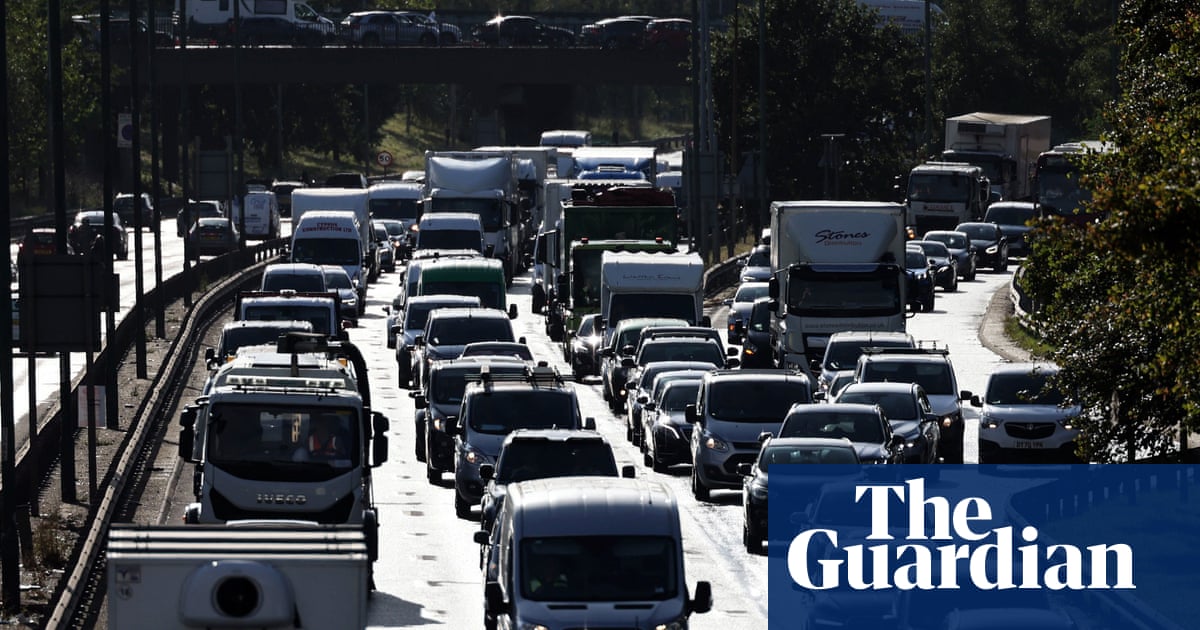- cross-posted to:
- climate@slrpnk.net
- cross-posted to:
- climate@slrpnk.net
Imagine demanding an “honest” debate over the cost of net zero in a report full of errors that even a schoolboy would be embarrassed about. Then imagine getting coverage of your report in the Sun, Times, Daily Mail, Daily Express and Spectator.
Sound impossible? Well, let me tell you how Civitas, one of the thinktanks housed at 55 Tufton Street in London, did exactly that, and nearly got away with it.
On Wednesday, Civitas published a pamphlet on net zero by Ewen Stewart, whose consultancy, Walbrook Economics, works on “the interaction of macroeconomics, politics and capital markets”.
Stewart is also a climate sceptic, having written in 2021 that human-caused warming is a “contested theory”. Along with Civitas, 55 Tufton Street also houses the climate-sceptic lobby group the Global Warming Policy Foundation and its campaigning arm Net Zero Watch. These groups previously attempted to spark an “honest debate about the cost of net-zero” in 2020.
The Civitas report claims to offer a “realistic” £4.5tn estimate of the cost of reaching net zero emissions by 2050 and says “the government need to be honest with the British people”.
This estimate is much higher than the figure produced by the government’s official adviser, the Climate Change Committee (CCC), which has said that reaching net zero would require net investments of £1.4tn by 2050. Note the difference between Civitas’s “costs” and the CCC’s “net investments”. The CCC also found that reaching net zero would generate savings in the form of lower fossil fuel bills worth £1.1tn, resulting in a net cost of £0.3tn.
In his report for Civitas, Stewart adopts the well-worn climate-sceptic tactic of simply ignoring these savings. He also ignores what the Office for Budget Responsibility has called the potentially “catastrophic economic and fiscal consequences” of unmitigated climate change.
The report was timed to follow hot on the heels of Rishi Sunak’s big climate speech, in which he called for an “honest” approach to net zero that ends “unacceptable costs”.
Unfortunately the report’s author has confused power capacity in megawatts (MW) with electricity generation in megawatt hours (MWh). As a result, he presents a distinctly unrealistic “£1.3m per MWh” figure for the cost for onshore wind power. The true number is around £50-70/MWh – more than 10,000 times lower. He then compounded his embarrassment by mixing up billions with trillions.
You’d have thought that, if Big Carbon was going to throw large amounts of cash at Tufton Street climate skeptics, they’d at least find ones who aren’t actual idiots.
Sadly, they probably don’t need to. They just needed a “not our fault” 3rd party to supply a report, which is just convincing enough, to last long enough to let the Daily Mail tell its readership that Looney Liberal Left Climate Plans are going to cost £6,000 per year, per household.
It doesn’t need to be true, it just needs to be written down.
This is the best summary I could come up with:
On Wednesday, Civitas published a pamphlet on net zero by Ewen Stewart, whose consultancy, Walbrook Economics, works on “the interaction of macroeconomics, politics and capital markets”.
Along with Civitas, 55 Tufton Street also houses the climate-sceptic lobby group the Global Warming Policy Foundation and its campaigning arm Net Zero Watch.
The report was timed to follow hot on the heels of Rishi Sunak’s big climate speech, in which he called for an “honest” approach to net zero that ends “unacceptable costs”.
In the Spectator, the climate-sceptic commentator Ross Clark hedged his bets a little, given the many errors in the report, but argued: “There is no reason to suppose Civitas’ figures will turn out to be right … But they are an important contribution to a debate.”
An extremely hastily issued “update” on the Civitas website says: “There has been criticism on social media of two paragraphs on page 47 of this report, where capacity and output are confused.
Actual evidence that the impacts of climate change and high fossil fuel prices has added an estimated £11bn to UK food bills in 2022 alone, on the other hand, is conveniently ignored.
The original article contains 1,044 words, the summary contains 191 words. Saved 82%. I’m a bot and I’m open source!



